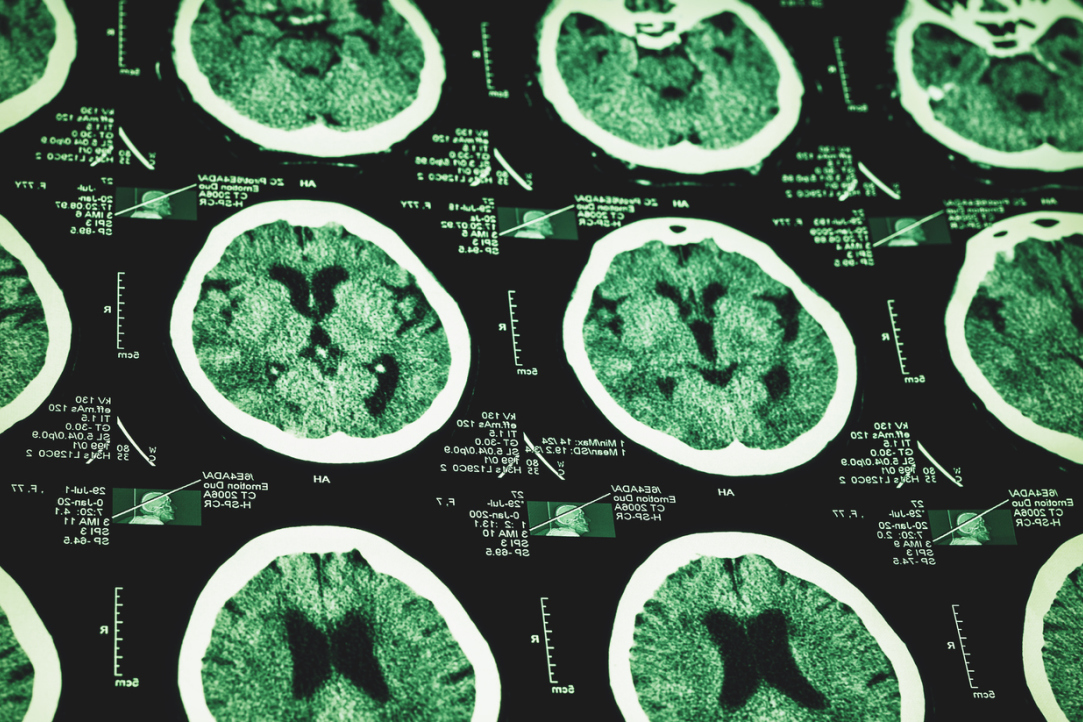
‘Reading’ with Aphasia Is Easier than ‘Running’
Neurolinguists from HSE University have confirmed experimentally that for people with aphasia, it is easier to retrieve verbs describing situations with several participants (such as ‘someone is doing something’), although such verbs give rise to more grammar difficulties. The results of the study have been published in Aphasiology.
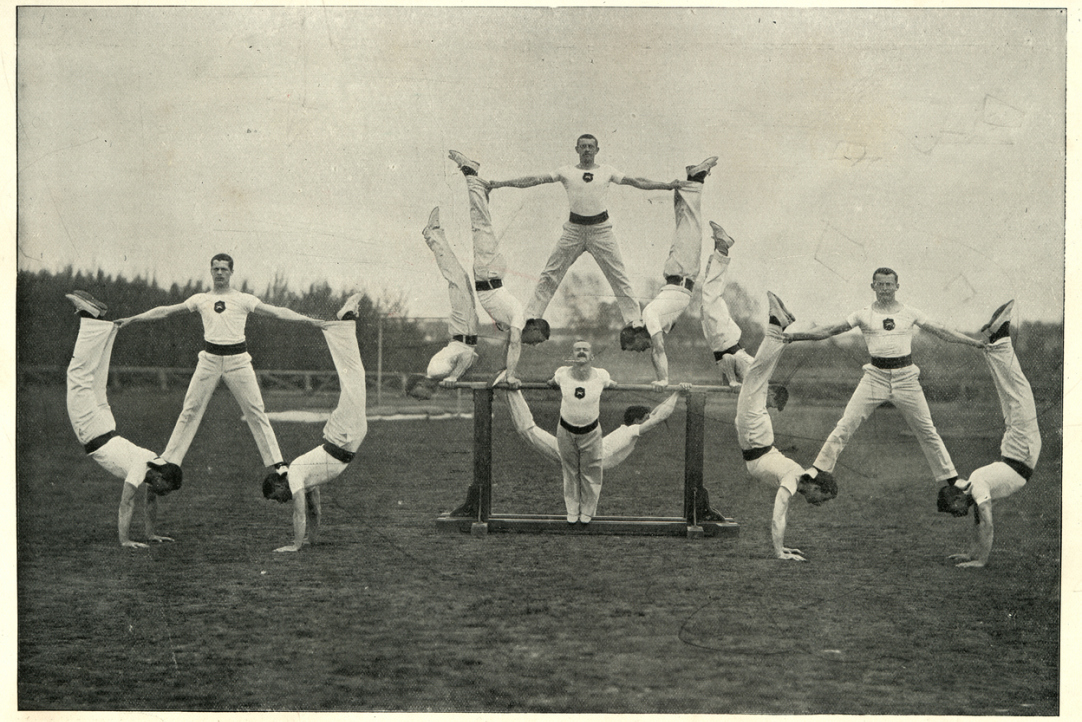
Russia’s Physical Culture Scene: 10 Facts about the Physical Activity of Working Russians
Although a growing number of Russians now exercise regularly, the overall figure remains low — only one-fourth of working women and less than one-third of working men are physically active. Are Russians just lazy or are gym memberships too expensive for them? What can stimulate people to adopt a more active lifestyle, and is Russia up to international standards in this regard? Find the answers in a newly released study from HSE University. IQ.HSE selected 10 of the most interesting facts from that research.
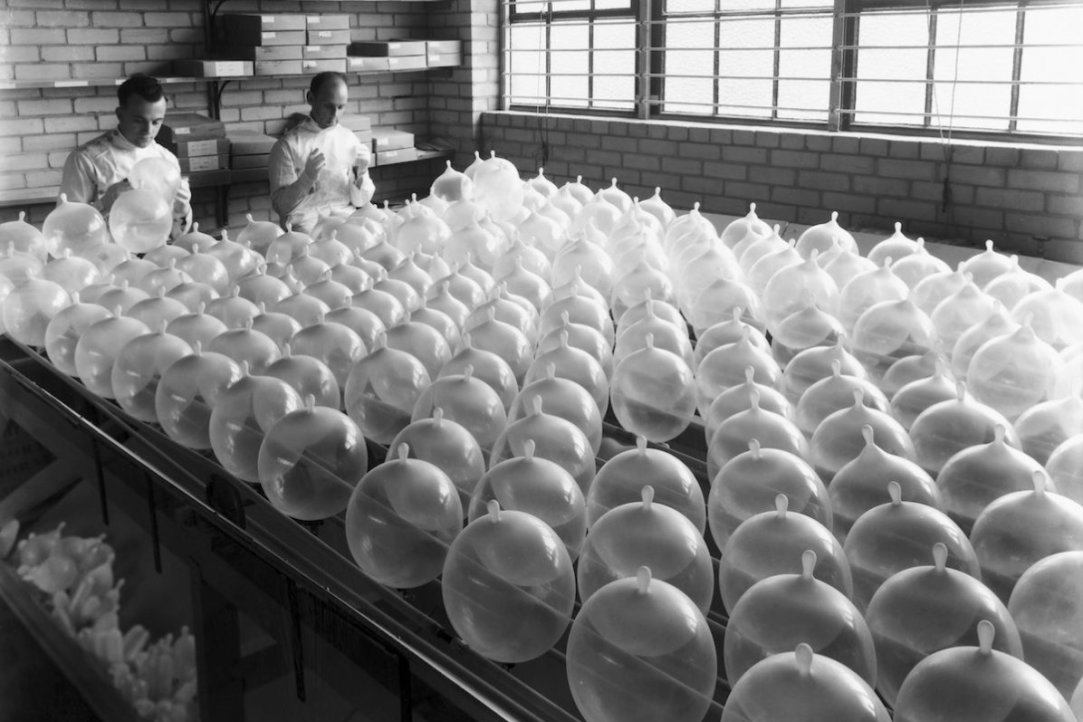
A Contraceptive Revolution: How Abortion Rates Have Decreased in Russia
Russia has just had a great contraceptive revolution, and it is not over: unwanted pregnancies are more often prevented than terminated. Russians now engage in family planning with more confidence: the number of births is almost equal to the number of pregnancies. On the basis of studies completed by HSE demographers, IQ.HSE examines the Soviet and Russian culture of birth control.

Illegal Smoking: Russians Who Smoke Where They Should Not
In 2013, Russia banned smoking in public places such as cafes, restaurants and nightclubs, as well as on trains, in playgrounds, etc. Statistical analysis has revealed, however, that 26% of male and 28% of female smokers do not always comply with these smoking bans. A full report from a study by Ludmila Zasimova, Assistant Professor at the HSE Department of Applied Economics, has been published in the International Journal of Public Health.
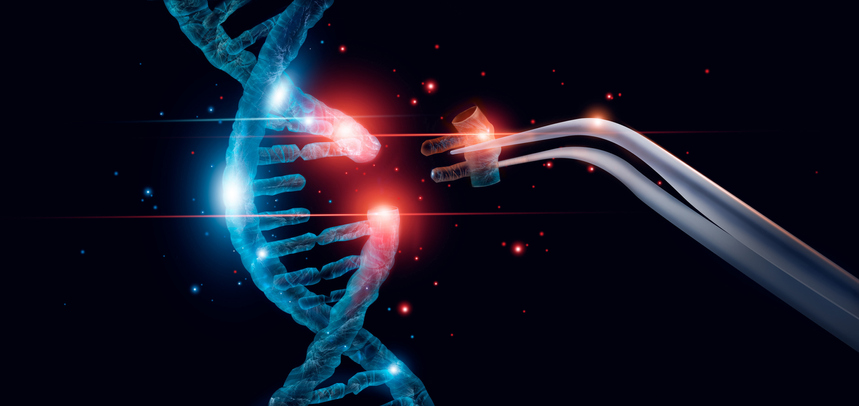
DNA Secondary Structures Lead to Gene Mutations that Increase the Risk of Cancer
Researchers have used machine learning to discover that the two most widespread DNA structures — stem-loops and quadruplexes — cause genome mutations that lead to cancer. The results of the study were published in BMC Cancer.

Researchers Propose New Approach to Post-Stroke Rehabilitation
The existing approach to brain stimulation for rehabilitation after a stroke does not take into account the diversity of lesions and the individual characteristics of patients’ brains. This was the conclusion made by researchers of the Higher School of Economics and the Max Planck Institute of Cognitive Sciences in their article, ‘Predicting the Response to Non-Invasive Brain Stimulation in Stroke’.
Researchers Identify Possible Role of Foxp1 Protein in Control of Autoimmune Diseases
Scientists at the Higher School of Economics, the Institute of Bioorganic Chemistry of the Russian Academy of Sciences (IBCh RAS), and the Memorial Sloan Kettering Cancer Center created a genetic model that helps to understand how the body restrains autoimmune and oncological diseases. The researchers published their results in Nature Immunology.
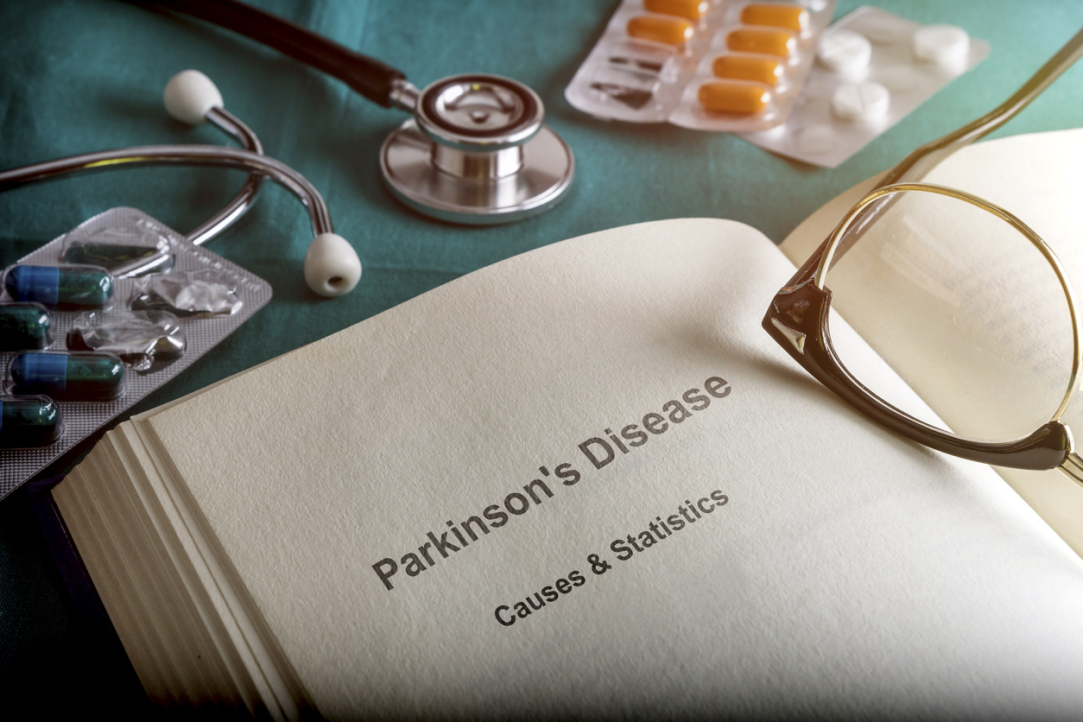
Biologists Discover Method for Early Detection of Parkinson’s
Scientists at the Higher School of Economics and the Russian Academy of Science’s Koltsov Institute of Developmental Biology have developed a new methodology for identifying biomarkers (indicators) of both early- and late-stage Parkinson’s disease. Their findings were published in the journal Molecular Neurobiology.
How the Human Brain Works During Simultaneous Interpretation
Researchers at the Centre for Bioelectric Interfaces and the Centre for Cognition & Decision Making of the Higher School of Economics utilized electroencephalogram (EEG) and the event-related potential (ERP) technique to study neural activity during simultaneous interpretation of continuous prose. Using event-related potentials as an index of depth of attention to the sounding fragment, the researchers assessed the competition between memory and auditory perception during simultaneous interpretation. The results of the study were published in the journal PLoS ONE.
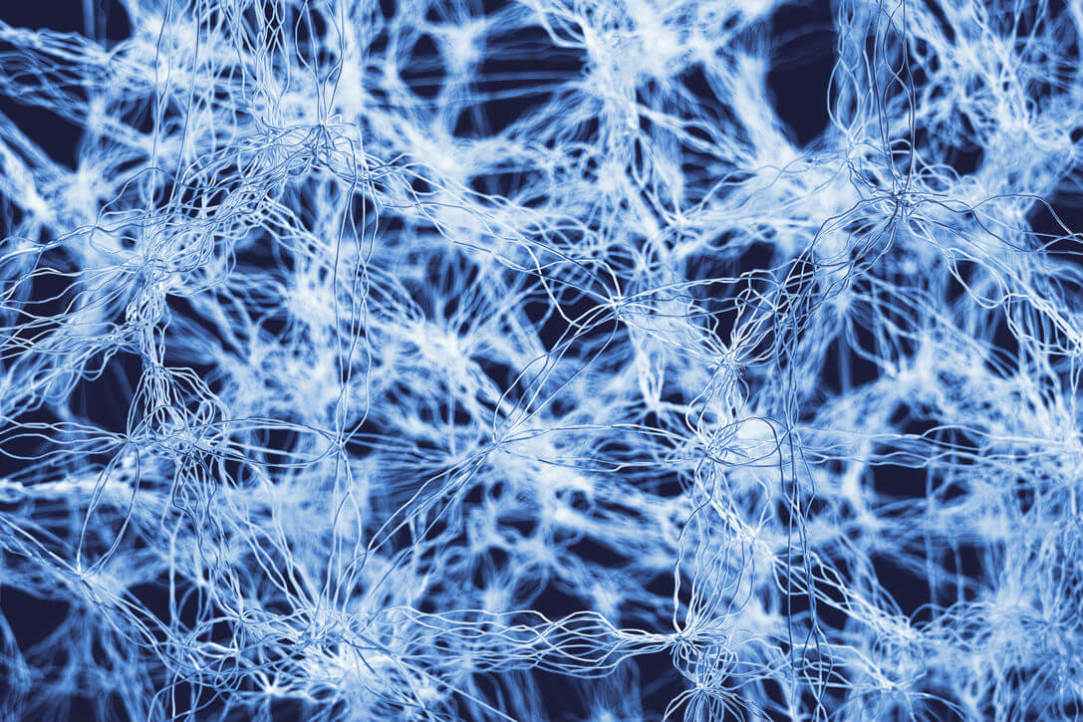
Study Finds GABA Cells Help Fight Alcoholism
Scientists of the Higher School of Economics, Indiana University, and École normale supérieure clarified how alcohol influences the dopamine and inhibitory cells in the midbrain that are involved in the reward system and the formation of dependency on addictive drugs. The results of the study were published in the article ‘Dynamical ventral tegmental area circuit mechanisms of alcohol-dependent dopamine release’.

